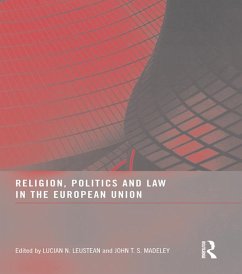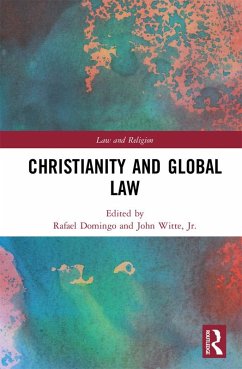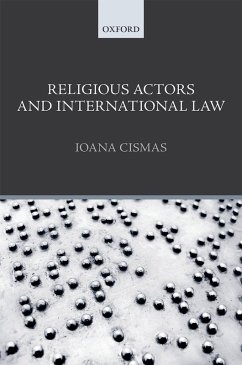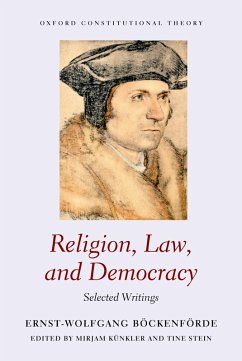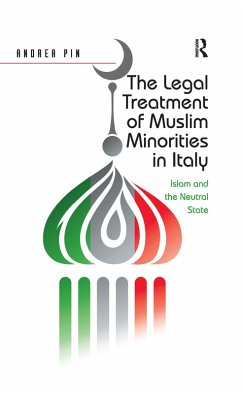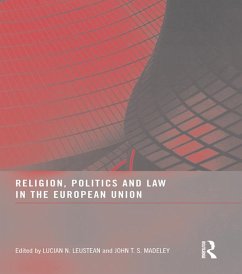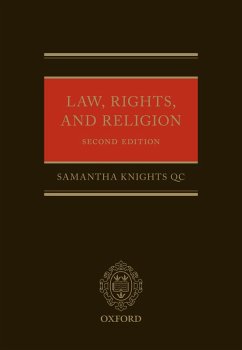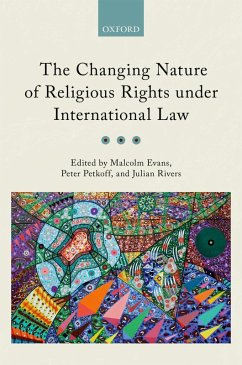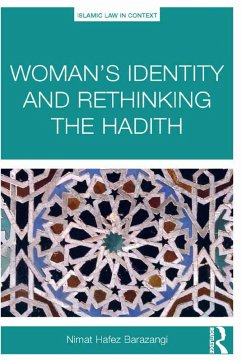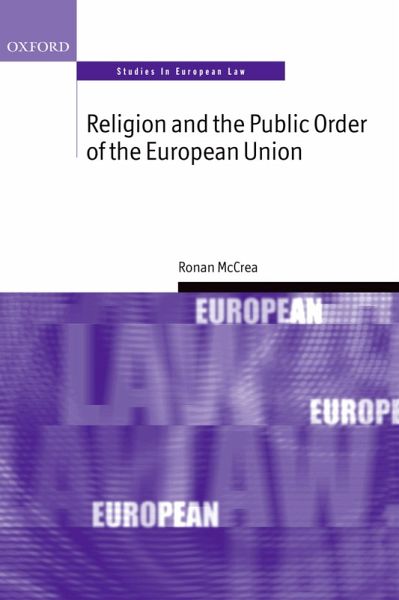
Religion and the Public Order of the European Union (eBook, PDF)

PAYBACK Punkte
10 °P sammeln!
Ronan McCrea offers the first comprehensive account of the role of religion within the public order of the European Union. He examines the facilitation and protection of individual and institutional religious freedom in EU law and the means through which the Union facilitates religious input and influence over law. Identifying the limitations on religious influence over law and politics that have been required by the Union, it demonstrates how such limitations have been identified as fundamental elements of the public order and prerequisites EU membership. The Union seeks to balance its predom...
Ronan McCrea offers the first comprehensive account of the role of religion within the public order of the European Union. He examines the facilitation and protection of individual and institutional religious freedom in EU law and the means through which the Union facilitates religious input and influence over law. Identifying the limitations on religious influence over law and politics that have been required by the Union, it demonstrates how such limitations have been identified as fundamental elements of the public order and prerequisites EU membership. The Union seeks to balance its predominantly Christian religious heritage with an equally strong secular and humanist by facilitating religion as a form of cultural identity while simultaneously limiting its political influence. Such balancing takes place in the context of the Union's limited legitimacy and its commitment to respect for Member State cultural autonomy. Deference towards the cultural role of religion at Member State level enables culturally-entrenched religions to exercise a greater degree of influence within the Union's public order than "outsider" faiths that lack a comparable cultural role. Placing the Union's approach to religion in the context of broader historical and sociological trends around religion in Europe and of contemporary debates around secularism, equal treatment, and the role of Islam in Europe, McCrea sheds light on the interaction between religion and EU law in the face of a shifting religious demographic.
Dieser Download kann aus rechtlichen Gründen nur mit Rechnungsadresse in A, B, BG, CY, CZ, D, DK, EW, E, FIN, F, GR, HR, H, IRL, I, LT, L, LR, M, NL, PL, P, R, S, SLO, SK ausgeliefert werden.




